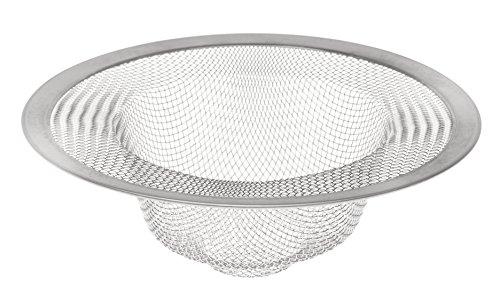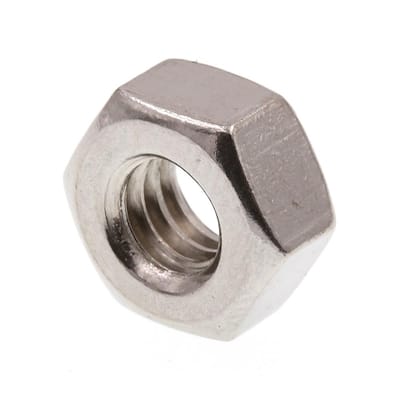

#18 8 stainless steel strength free#
Type 303: A free machining 18-8 chromium-nickel stainless steel with qualities similar to Type 302. It retains an untarnished surface under most atmospheric conditions and offers high strength at reasonably elevated temperatures. Type 302: A general purpose 18-8 chromium-nickel stainless steel. Listed below are the types of Stainless Steel alloys which are most frequently used in the manufacture of fasteners.

Because of its high tensile strength, corrosion resistant qualities and ability to attain a mirror-like finish, it is one of the most versatile of all metals.Īpplications include its use in the petroleum, chemical, food, plumbing, transportation and oil equipment industries to mention just a few. There are almost as many uses for Stainless Steel fastenings as there are problems of corrosion, temperature and strength. They are magnetic and not hardenable by heat treatment. “Ferritic” alloys are also Chromium Stainless Steel alloys. Type 410 and 416, common fastening alloys, are Martensitic Stainless Steels. “Martensitic” Stainless Steels contain from 12 to 20% Chromium. They are not hardenable by heat treatment, non-magnetic for practical purposes and offer the greatest degree of corrosion resistance. They are the Chromium-Nickel type containing upwards of 8% Nickel.

“Austenitic” Stainless Steels make up the general group of the 18-8 (or 300) series. The family of Stainless Steels is divided into three general classifications: When oxygen comes in contact with the surface, it forms an invisible film which protects the underlying metal from rusting and corrosion under sever environment. The corrosion resistance of Stainless Steels is attributed to a surface phenomenon known as passivity. This analysis is further modified by additions of Carbon and other minor elements which contribute specific effects either to control mechanical properties or to improve corrosion resistance. Stainless Steels are broadly defined as Iron alloys containing from 12 to 30% Chromium and from 0 to 20% Nickel.


 0 kommentar(er)
0 kommentar(er)
